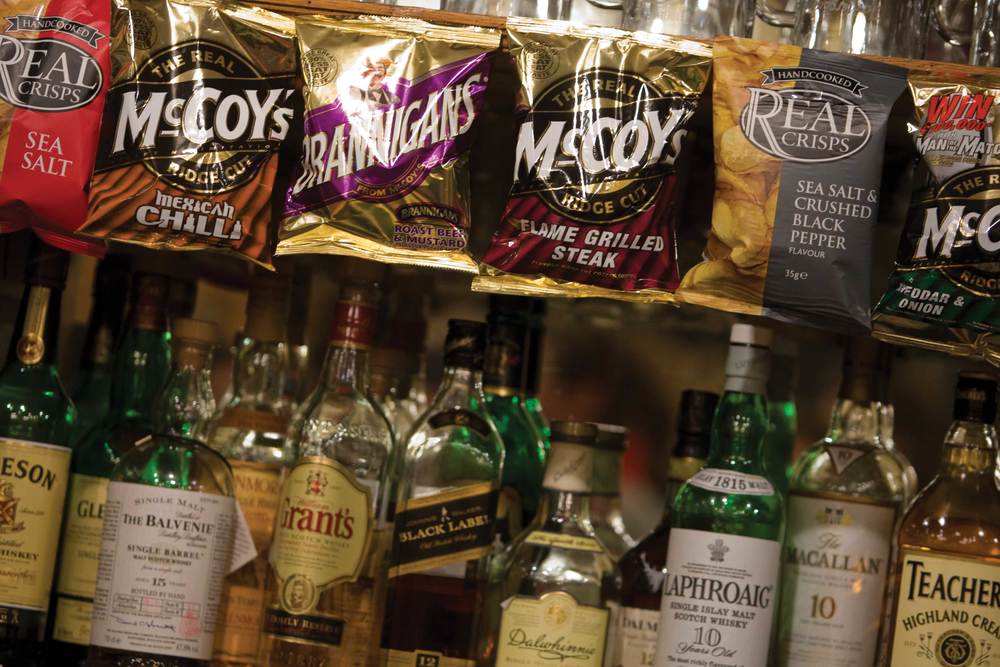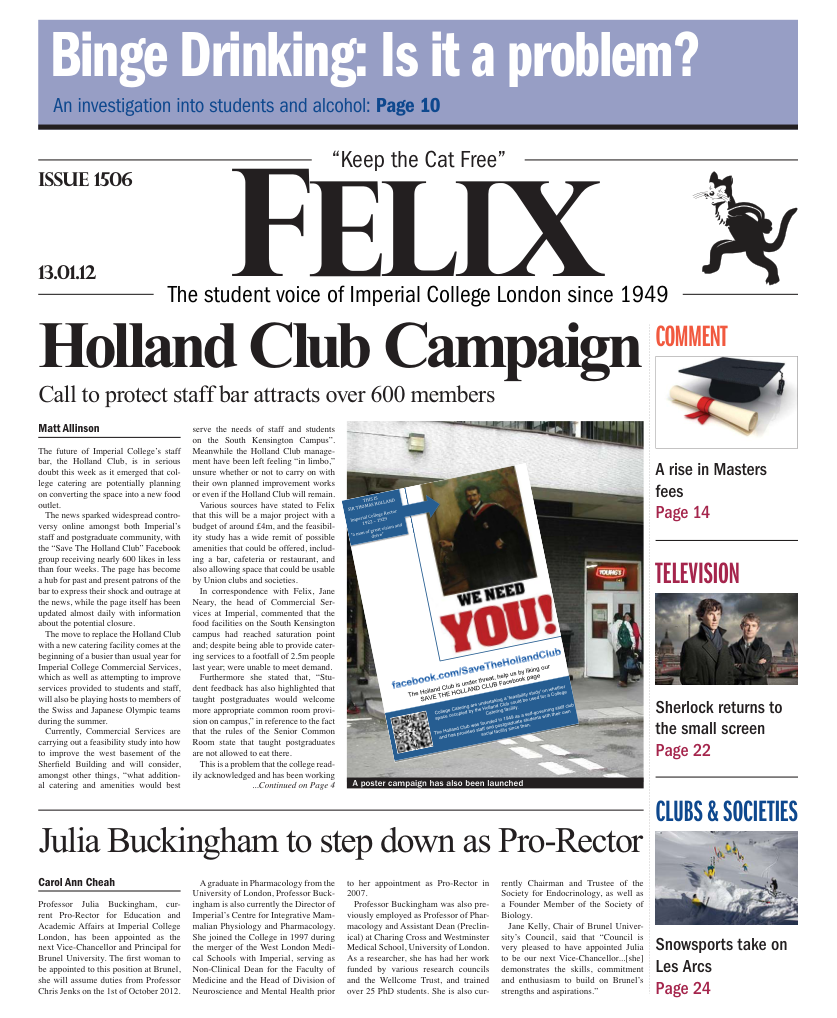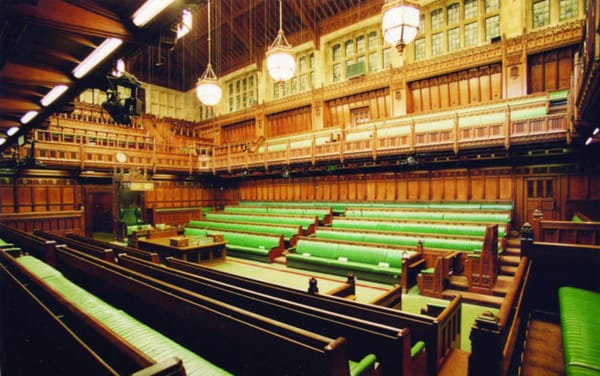Alcohol: why should you care?
Madhura Ghosh and Katy Bettany investigate binge drinking culture

It’s that time of year again when we all start to make, and consequently break, all those well-meant resolutions we dreamt up over the Christmas break. But one resolution that couldn’t afford to be broken was that made by Imperial College School of Medicine (ICSM) this time last year: its anniversary marked by ICSM’s inaugural ‘Alcohol Awareness Week’, a series of events designed to highlight the dangers students face by abusing alcohol. Here, Felix investigates the binge drinking culture of our universities, and asks what, if anything, can be done.
Alcohol to most British people comes part and parcel with socialising. It’s just normal to have a couple of pints or a few glasses of wine when meeting with friends. Peter Marsh, Co-director of The Social Issues Research Centre tells us how the culture of drinking is a fundamental part of our collective psyche. “The British identity […] has rested on its drinking habits and drinking reputation. The use of alcohol is central to most of our celebratory rituals – to marriages, births and even deaths.”
According to Sibohan McCann of Drink Aware, this is far from a modern problem. “A King of Norway came to visit Britain thousands of years ago,” she explains “and actually commented then on how the British like to drink to excess. We are talking about a culture that has been going on for so many years.”
And at university, of course, the pressure to drink is even more pronounced. Moira Plant, Professor of Alcohol studies, University of West England, feels that the culture of alcohol is even more prevalent in University, “It’s really very difficult, particularly for younger people, not to drink because university cultures are drinking cultures. People at times perceive people who don’t drink as ‘no fun’: as people to be suspicious of.” We spoke to Verana, a teetotal student at Imperial, who explained that there is “some pressure to drink, but generally people are happy when you just explain your choice”.
“One night of bingeing will impair your abstract thinking for 30 days ”
These ideas ring true when looking at an average night out the town – drinking is practically a must. Unfortunately, the amount can lead to people ending up in hospital. Dr Zul Mirza, A&E Consultant in West Middlesex University Hospital gives Felix his take: “the NHS sees twice as many twice as many alcohol patients as 10 years ago; and British teens are the worst binge drinkers in Europe – of all 15-24 year old deaths, alcohol contributes to 1 in 4.” He also highlighted the effect of peer pressure leading to previous non-drinkers conforming to fit in.
The College of Emergency Medicine attributes in part the affordability of alcohol as there are studies showing the strong positive correlation between cheap alcohol and excessive use. In supermarkets, it is sold at less than cost price and as Brigid Simmonds Chief Executive of the British Beer and Pub Association tells us “Almost 70% of all alcohol is bought in supermarkets.” This was has been further exacerbated by the 24 hour licensing reform, which rather than encouraging French café culture and pacing how alcohol was drunk, merely increased availability and enabled alcoholics.
While the notion of alcohol being bad for your health exists, it is seen as relatively safe in large amounts, unlike other easily available drugs like paracetamol. Unfortunately, this is not the case. Like an overdose of paracetamol in a short period of time can damage your liver and cause you to die, acute alcohol poisoning can do the same. Furthermore, taking in a lot of alcohol over a short period of time can raise you blood concentrations. If this reaches 300mg/L, you will become unconscious, lose your gag reflex and aspirate vomit. If you’re lucky, it will give you pneumonia. If you’re not, you’ll suffer an hypoxic cardiac arrest - hardly the best way to end a night out.
It is not only in the short term alcohol is dangerous. Excessive consumption over a sustained period can lead to portal hypertension, bleeding of the stomach and vomiting up blood. This is the commonest presentation of alcoholism and alcoholic damage to the liver in the “silent middle classes” who do not arrive in hospital until the damage has become permanent. This insidious onset is due to the apparently harmless act of sharing a bottle of wine each evening with a partner. Whilst the image of a homeless vagabond with a few cans of Tennant’s is the stereotypical image of an alcoholic, this is a problem that spans all ages, genders and classes.
But why do students in particular fall into alcohol abuse? The answer of course is multi-factorial, however, Dr Mirza suggests part of the reason might lie in personality type. Students at Imperial are largely Type A, meaning that they exhibit traits like perfectionism, highly competitive natures, time urgency, and a predisposition to stress. Dr Mirza stressed that it was the responsibility of the student, though, to find outlets for their stress that don’t involve alcohol. Currently, though, ‘there is a lack of understanding about how to deal with the pressure’.
So why should students care? The health and professional consequences of binge drinking are well known - but it is not widely appreciated that drinking, even in small amounts, can seriously affect academic performance. There is some evidence that ‘one night of heavy binge drinking will impair your abstract thinking for up to 30 days’. That includes your reading comprehension, ability to understand what your lectures say to you, and problem solving abilities. It is a widely held belief that a person can have one or two drinks and behave completely normally, however, this is untrue- a persons ability to think normally could be impaired ‘right from the first sip’. Not such a problem on a night out, but if the effects are as long lasting as suggested, students who regularly binge drink will face serious academic repercussions (not to mention significant financial cost.)This idea is reflected in the significant number of freshers in the UK who drop out of their courses every year due to alcohol related problems.
But what can be done about the problem? Part of the problem is confusion over guidelines. Officially, the NHS advices men to drink no more than 21 units a week, and women no more than 14. However, this often misleads people into thinking that it is healthy to drink every day, which of course it isn’t. It has been suggested this week in a report by the Parliamentary Science and Technology Committee that we should abstain from alcohol for at least 2 days a week. An interesting proposal, but doesn’t all this conflicting advice confuse the general public over what is a healthy amount of alcohol to consume. Dr Mirza thinks so, and called for ‘clear guidelines and one message’ over alcohol intake.
In terms of what universities should be doing, education is a major component. Initiatives like ‘Alcohol Awareness’ week are fantastic at highlighting the problems associated with excessive drinking.
However, Mirza recognises the importance of avoiding seeming ‘dictatorial or Machiavellian’ when guiding people about their alcohol intake. “We don’t want to stop people having fun, we just want to encourage sensible and responsible drinking.”
Worried?
If you are worried about your alcohol intake, there are plenty of places to seek help and advice. Imperial College Advice Centre: 10am – 5pm weekdays, Mezzanine Level of the Union Building Imperial College Health Centre: 8am – 6pm weekdays, Tuesdays 8am – 1pm, 6:30pm – 8pm (Pre-booked Appointments Only) Alcoholics Anonymous: www.alcoholics-anonymous.org.uk





